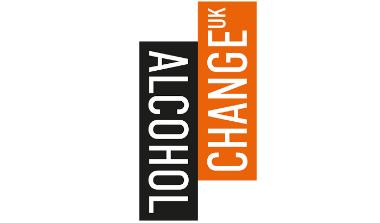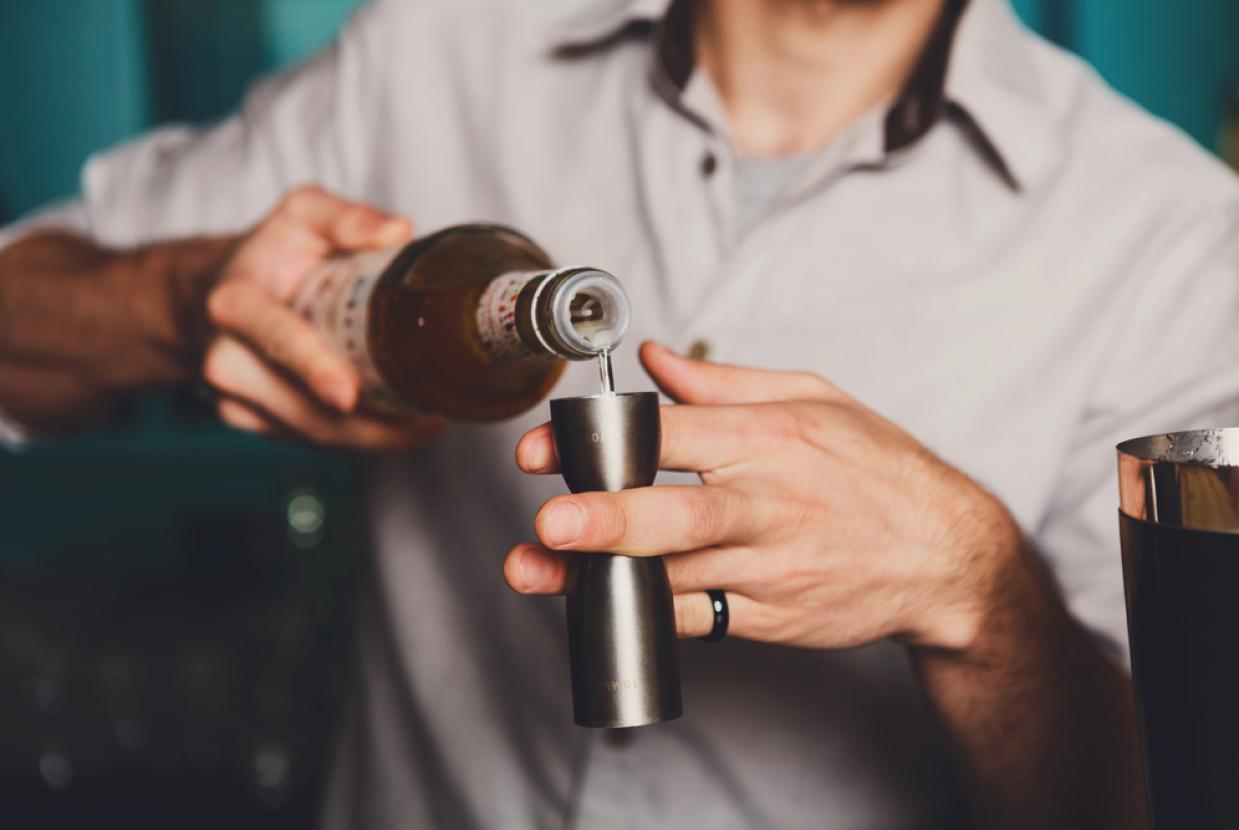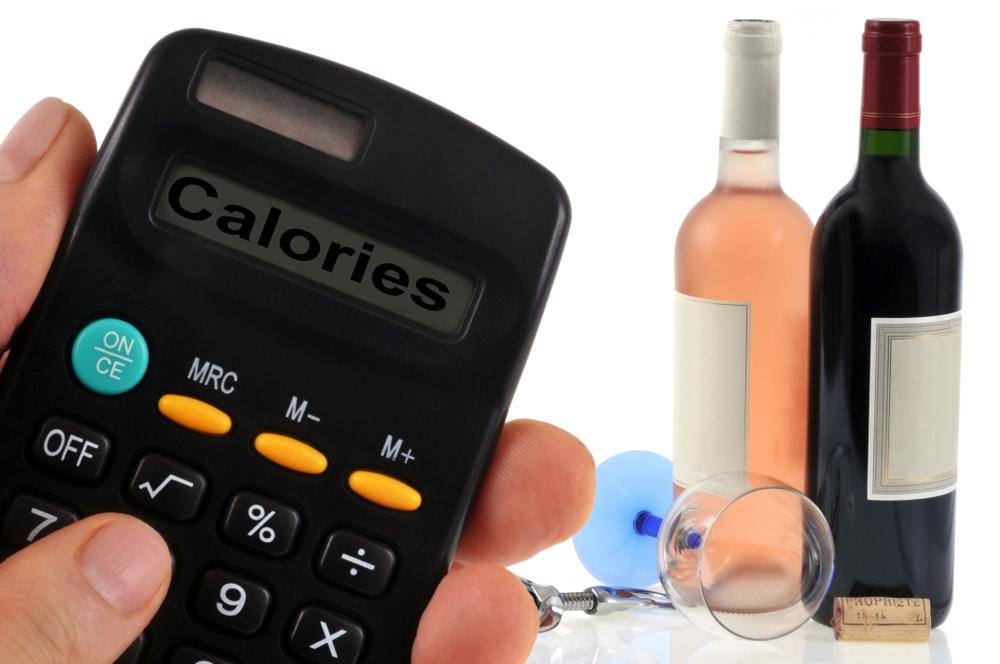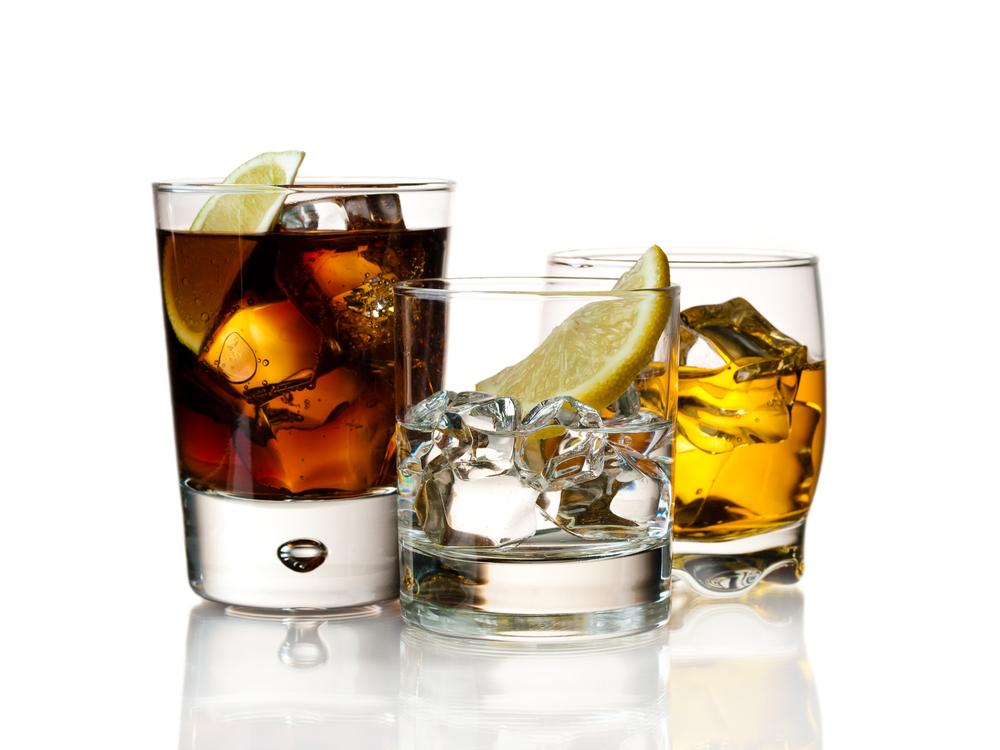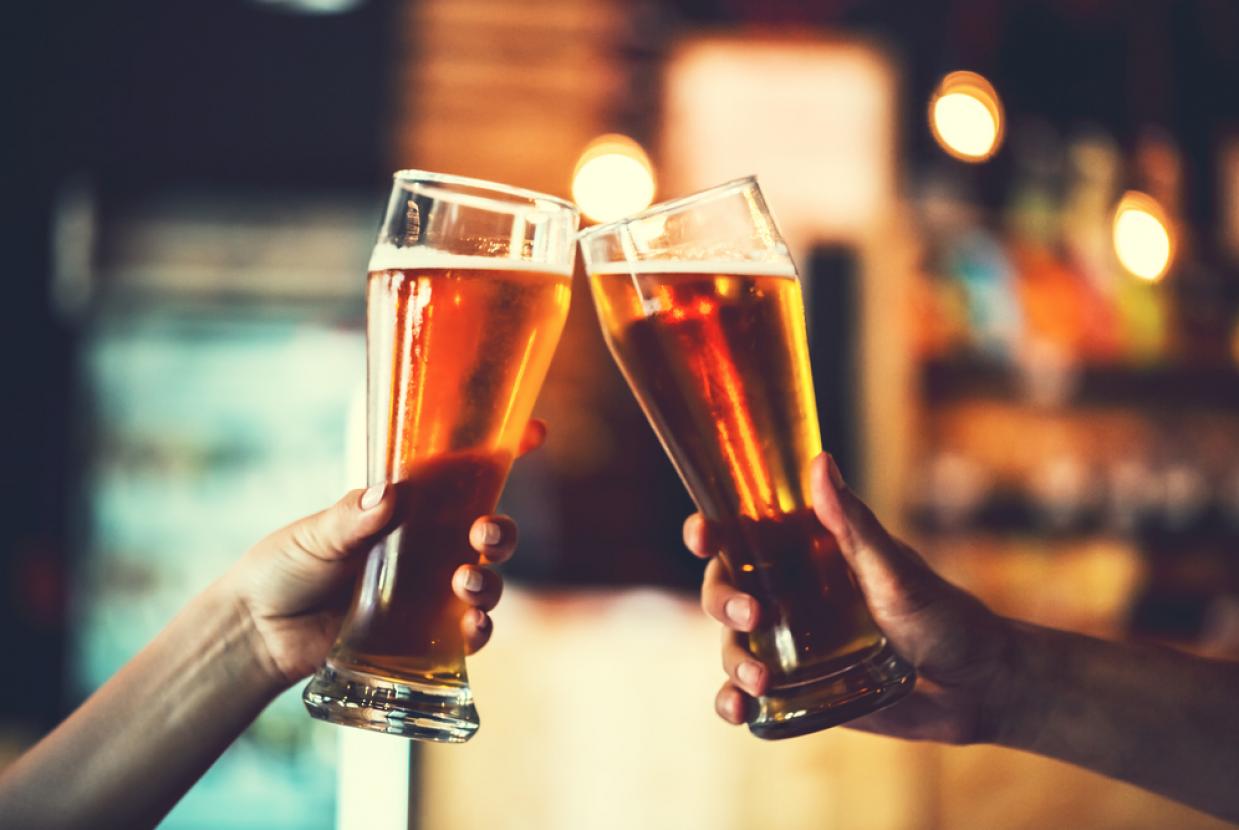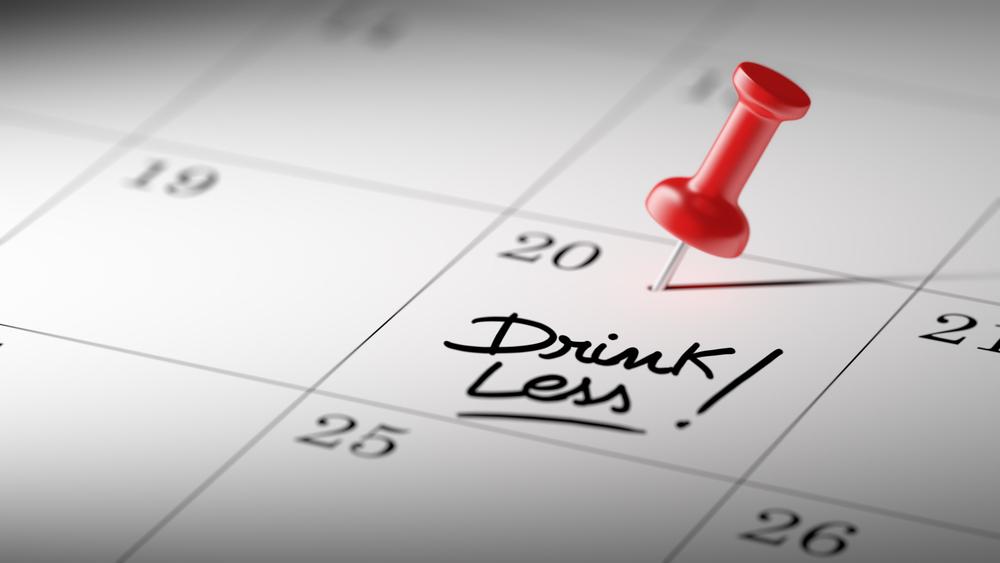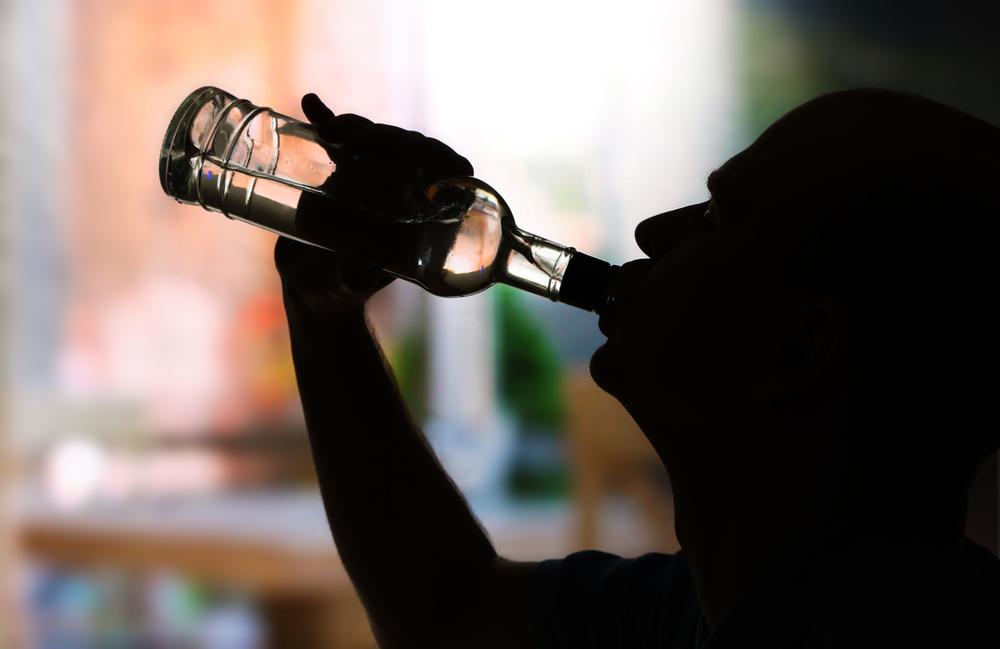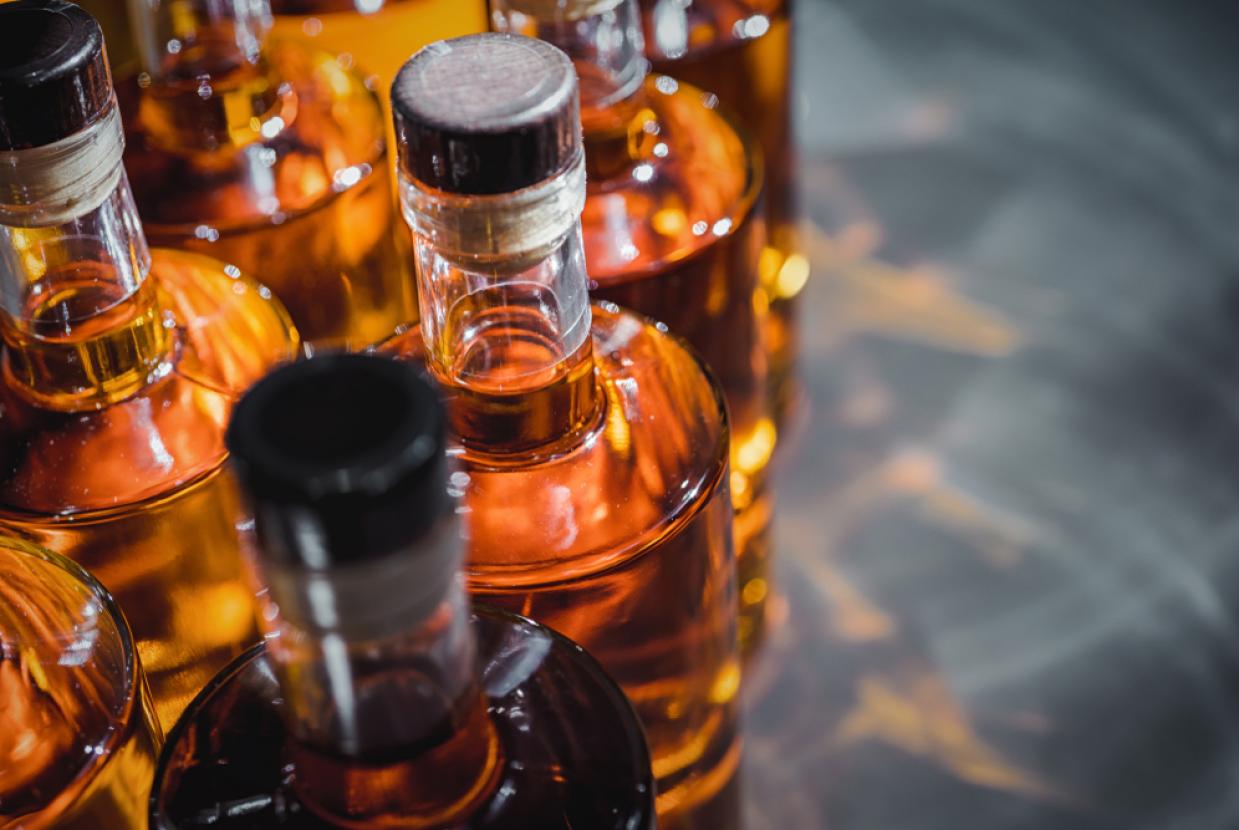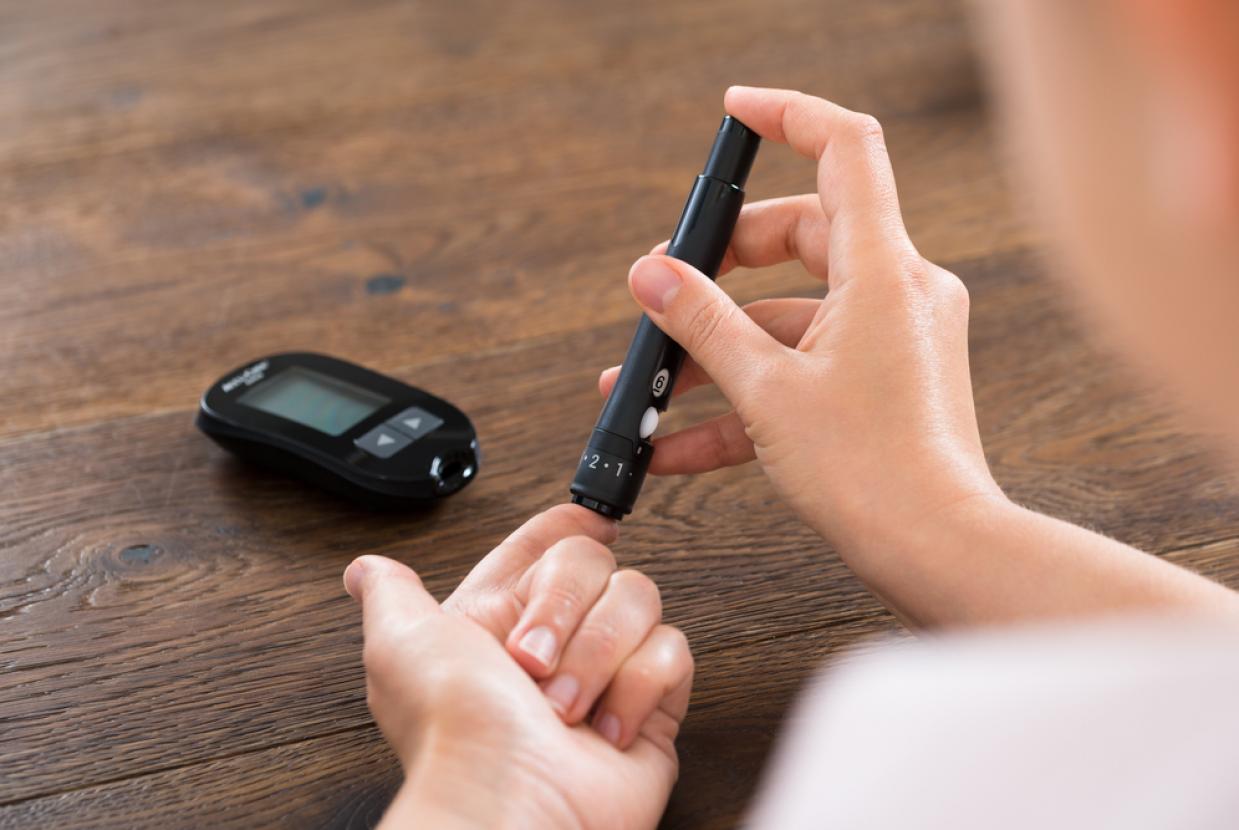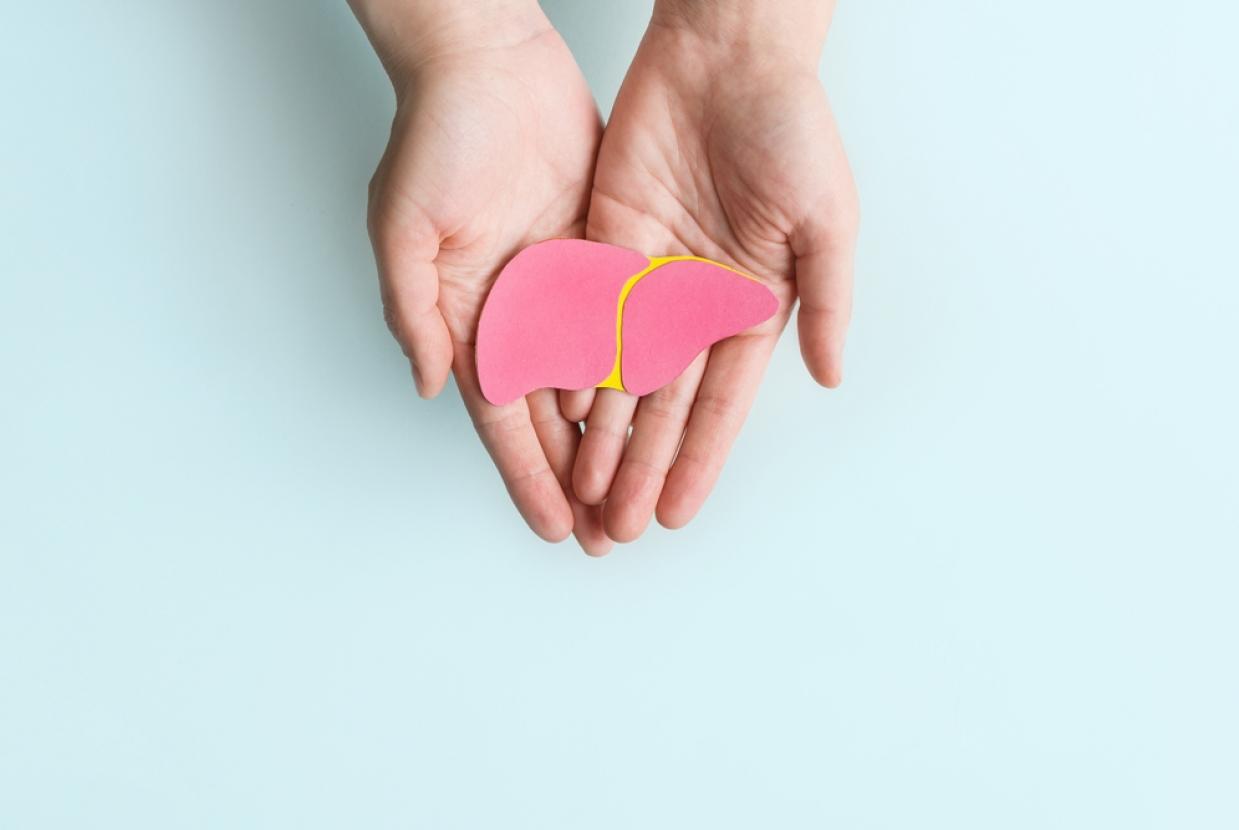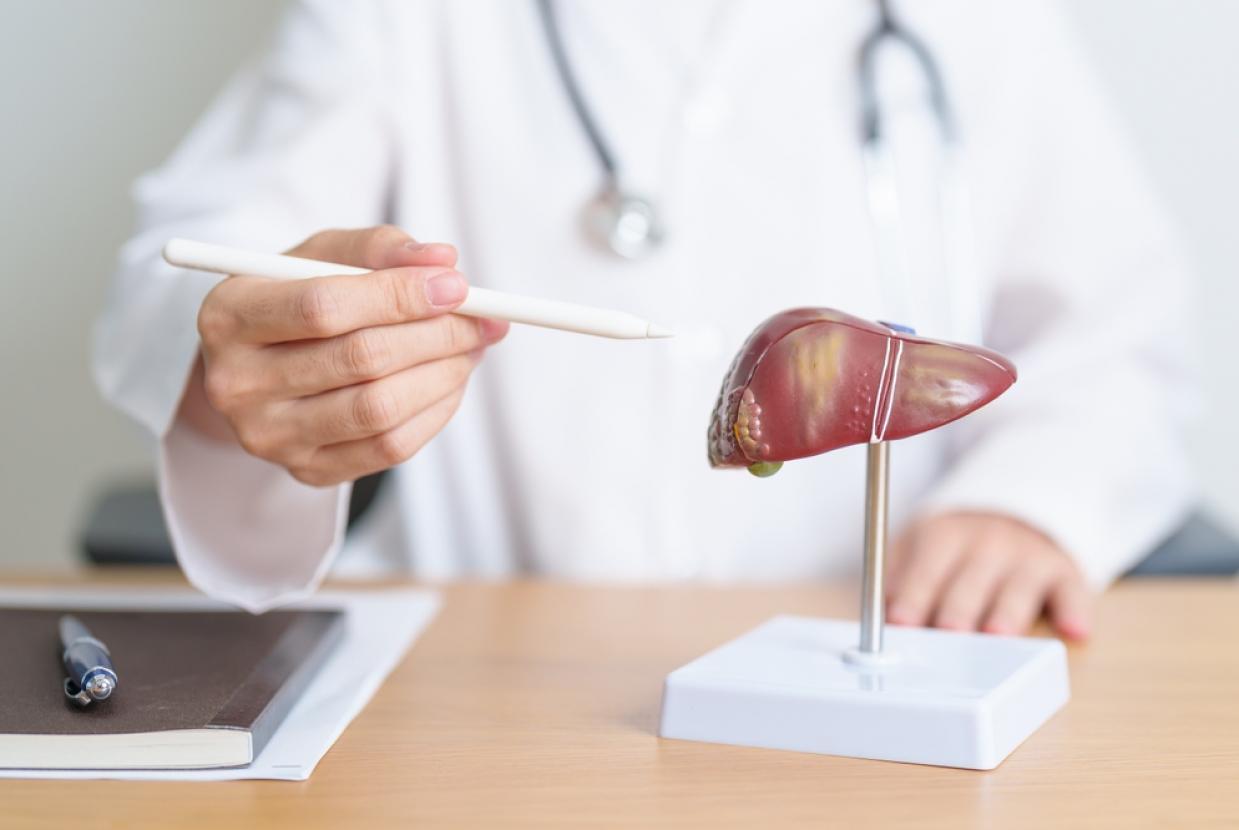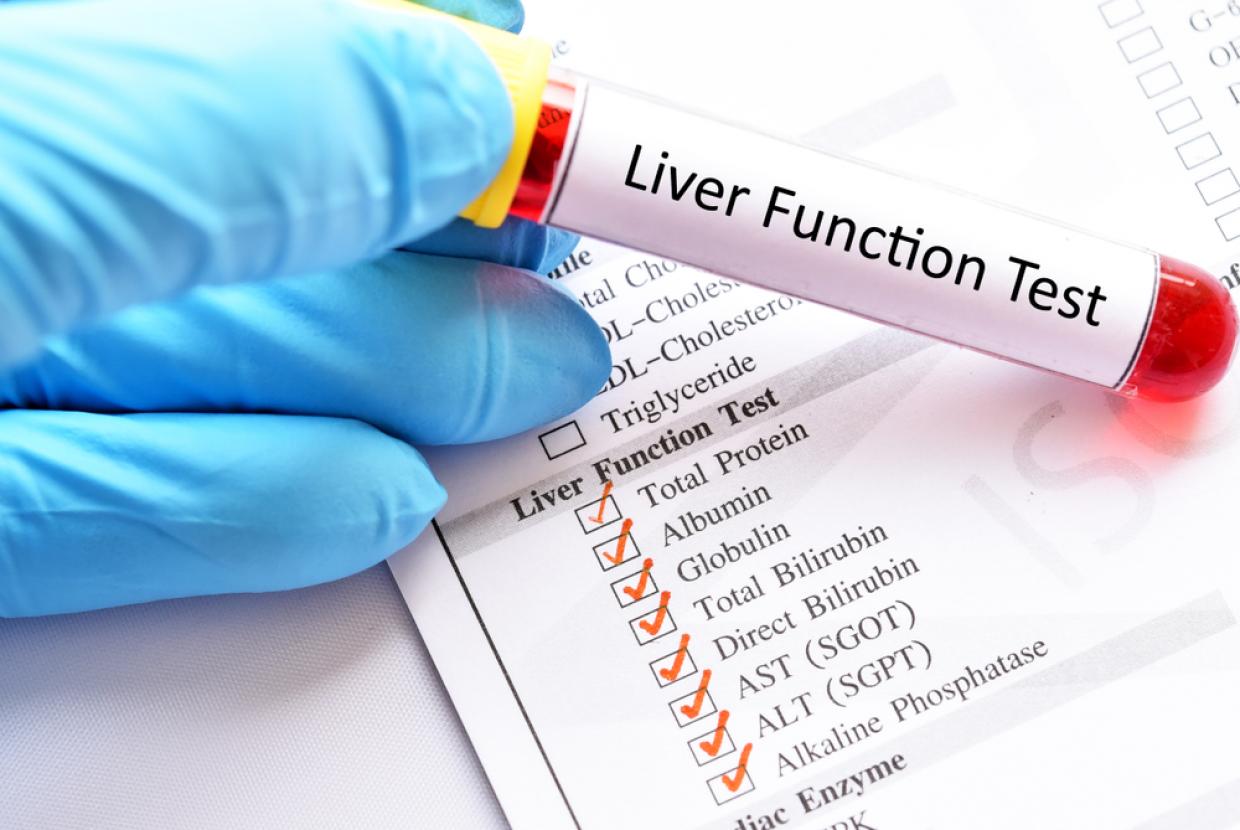Grey Area Drinking: What Is It?
Alcohol GuidanceEvery so often it seems a new term or label emerges used to describe our drinking. The latest one, which you may have come across in newspapers or lifestyle magazines, is 'grey area drinking'. But just what does it mean, and is it actually helpful?
Perhaps surprisingly, even though it only feels it has been used very recently, the term 'grey area drinking' has actually been around for quite a while. For example, way back in 2011, there was a study published in the National Library of Medicine, in the United States, which described a certain level of drinking as the ‘gray area’ of consumption.
But arguably it was Jolene Park, who describes herself as a ‘functional nutritionist’, who gave a TEDx talk in 2015, again in the United States, that brought the term into the limelight. More recently, the term has started being used much more frequently in the UK, in the media particularly.
But what exactly is meant by grey area drinking? For those of us who drink alcohol, it can be helpful to think of our consumption in terms of being on a spectrum or scale between extreme points of, for example 1 and 10 - at the one end, scoring 1 on the scale, might be someone who very rarely drinks alcohol at all and at the other end, scoring a 10, might be someone with physical dependency on alcohol and who is unable to stop drinking without professional support.
According to Jolene Park, grey area drinking is the space between these two extremes, what she describes in her talk as the extremes of ‘rock bottom drinking’ and ‘every-now-and-again drinking’. And for some of us who find ourselves in this space, our drinking appears to happen without causing too many problems; but for others of us, our drinking may feel far less manageable and much more damaging – to our physical health, our mental wellbeing, our relationships, and so on.
So, how much alcohol is too much? It’s widely accepted that there’s no such thing as risk-free drinking. That said, the UK’s top doctors agree that if we keep our consumption below 14 units per week, then the risk of developing alcohol-related health problems is low. For most health conditions linked to alcohol, risks begin to rise when we’re drinking above this level.
Of course, risks vary from person-to-person, and so this advice can only ever be thought of as a rough guide. Everyone’s risk is slightly different - because we can’t really separate out the alcohol-related health risks from other risks in our lives. For example, our age, our diet, whether we smoke or not, and countless other lifestyle choices will all have an impact on our health, as will the social environment that we live in and so on.
Perhaps, then, the main takeaway is we should worry less about defining our drinking, or categorising what colour our drinking might be - grey or otherwise – and instead take some quality time to reflect on where we are currently at. Are you happy with how much you drink? Do the positives still outweigh the negatives? Or has your consumption been creeping up? Might you benefit from cutting back or stopping altogether for a while?
These are not always straightforward questions to answer. To help, you could start by downloading the free Try Dry® app to keep track of your drinking patterns to get a better feel for how much you typically drink. And if you do then decide to make some changes, here are some tips that might help.


